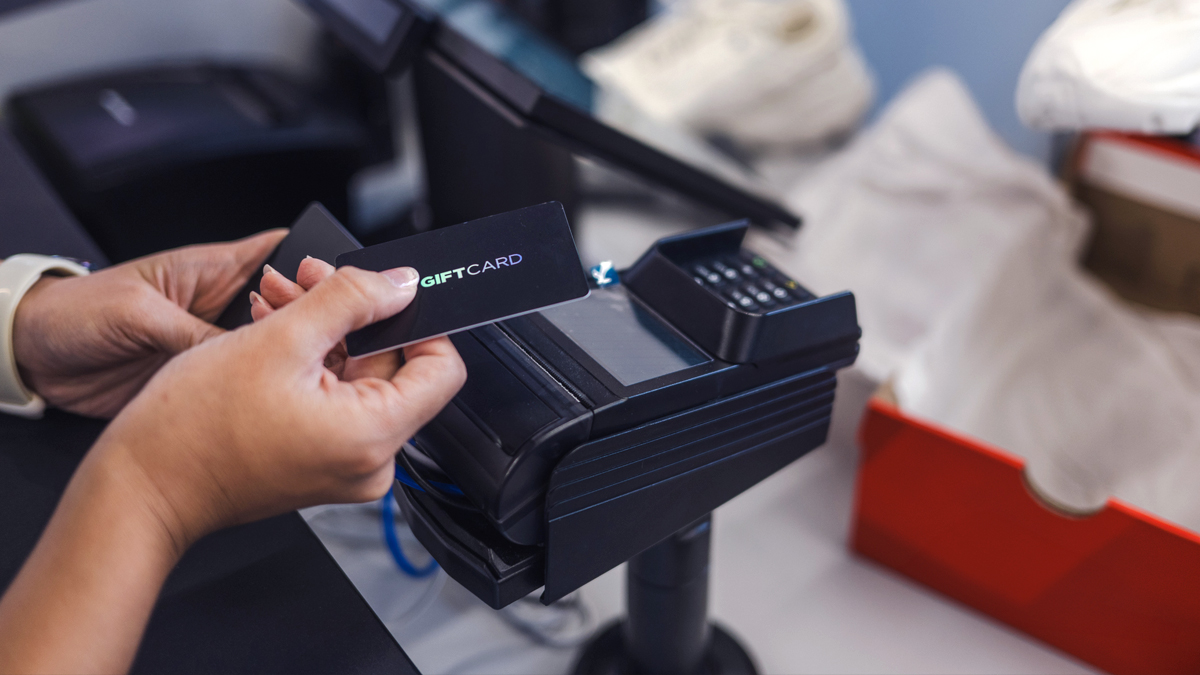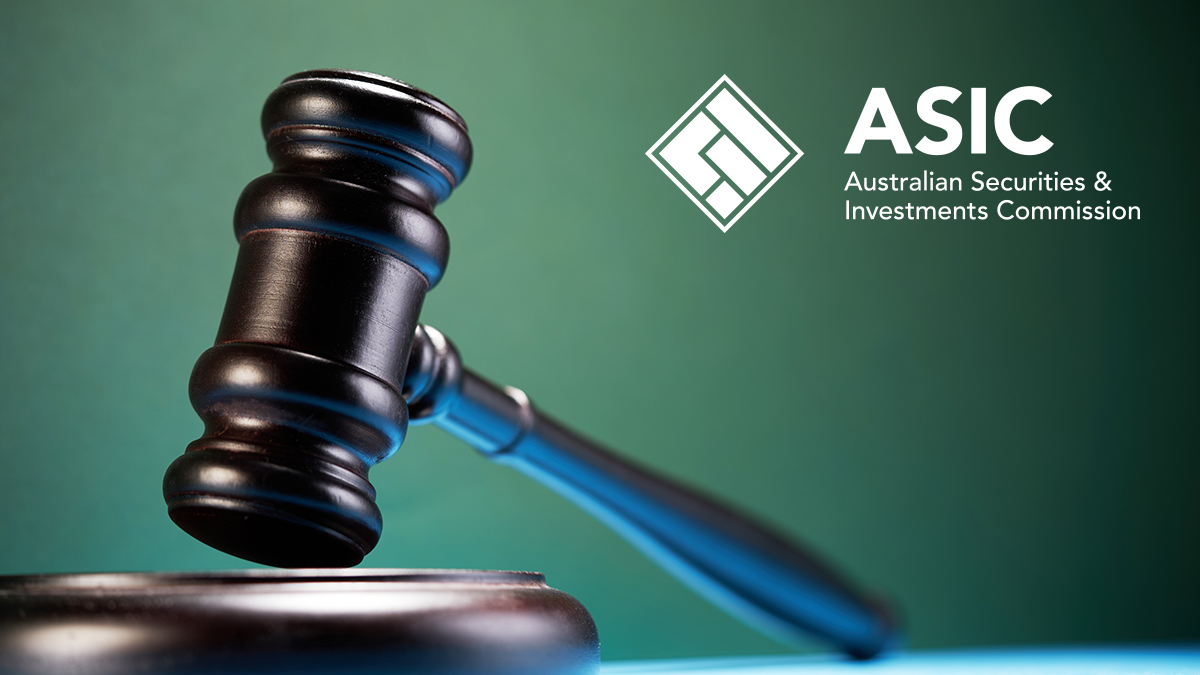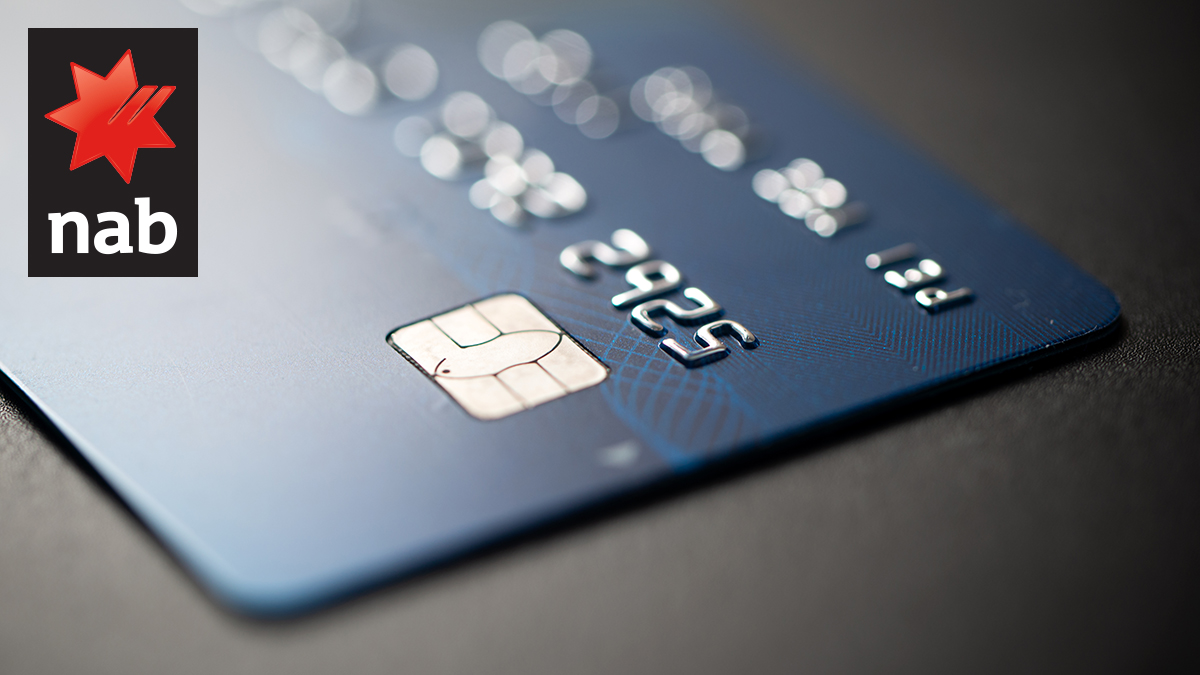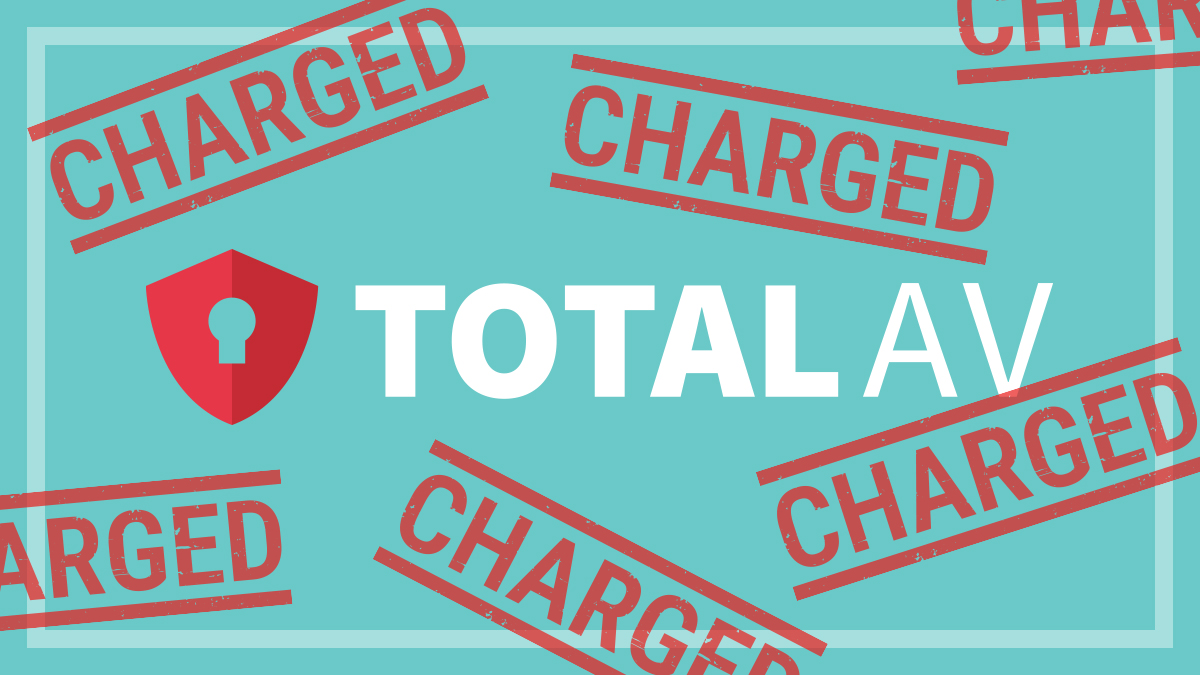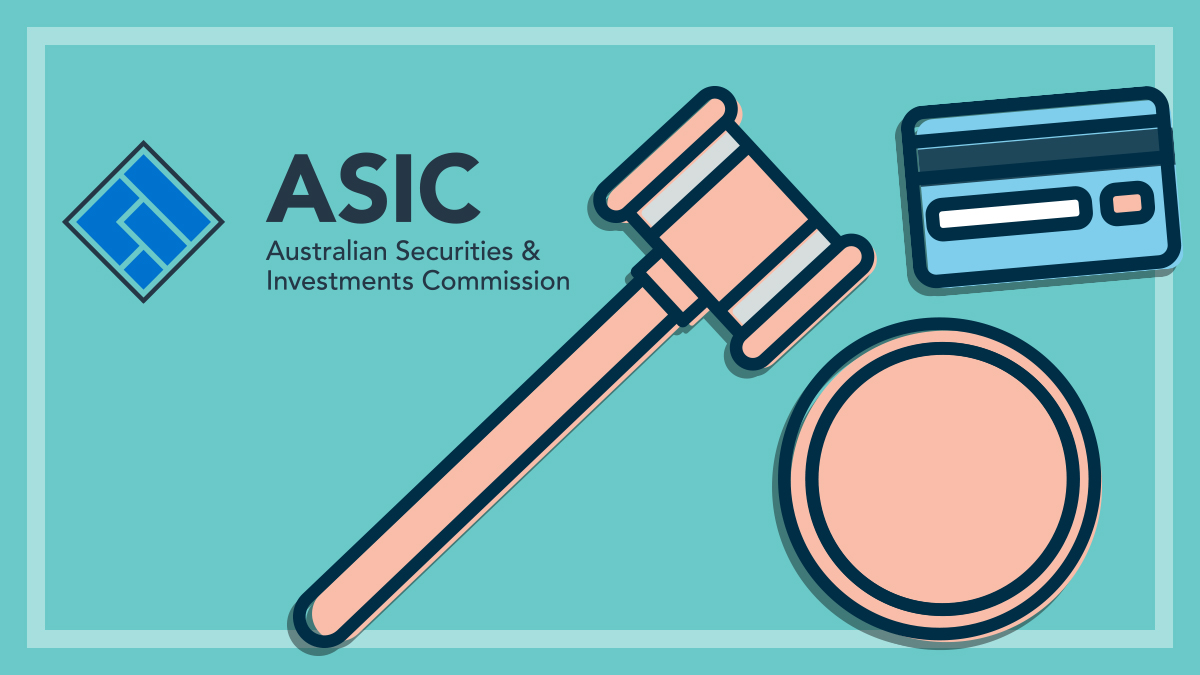Get our independent lab tests, expert reviews and honest advice.
Government signals it’s willing to ban debit card surcharges
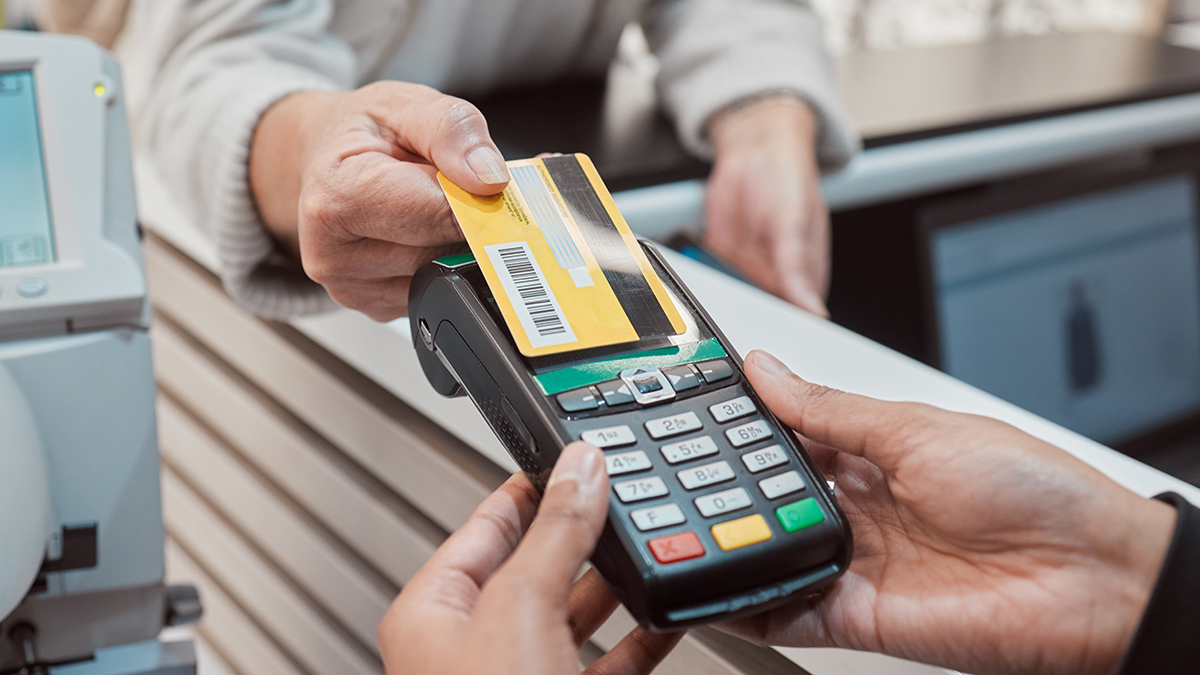
Need to know
- In a recent survey of over 10,000 CHOICE supporters, more than 95% said they’d been hit by a card surcharge in the past year
- Excessive surcharges on card transactions were banned in 2017, and since then businesses have been only allowed to pass along their actual costs
- The federal government has announced its willingness to impose a total ban on debit card surcharges starting in 2026
When it comes to sneaky surcharges tacked on to debit or credit card purchases, one thing is overwhelmingly clear – Australians really don’t like them.
In a recent survey of over 10,000 CHOICE supporters, more than 95% say they’d been hit by a surcharge in the past year.
Many point out that the continuing disappearance of cash in the economy means they have no choice but to pay digitally, and to wear the extra charges that come with it.
“It’s theft by stealth,” one respondent writes. “I find out at the end of the month that all these secretive underhanded surcharge fees cost me an additional $10 to $15 dollars that I was not made aware of at the point of sale. It is daylight robbery.”
Businesses of all sizes can use their need to surcharge as an excuse to over-surcharge
“It’s never clear how much you’re going to be charged,” says another.
The way surcharging works is deeply complex, and small businesses generally pay significantly more to process card payments than larger businesses, who enjoy cheaper rates from the credit card companies. Local shops say they need to pass some of the costs along to customers to stay in business.
At the same time, though, businesses of all sizes can use their need to surcharge as an excuse to over-surcharge.
Excessive surcharging banned in 2017
All of this was supposed to come to a stop a long time ago. Excessive surcharges on card transactions were banned in 2017, and since then businesses have been required to limit any surcharges to the costs they incur when processing the transaction.
If the cost to the business when a customer pays with a Visa card is 1% of the transaction amount, for example, that’s how much the business is allowed to surcharge the customer. Anecdotal evidence suggests this rule is routinely flouted.
It can be very hard for a customer then and now to know whether they’ve been excessively surcharged, or to hold the business to account in cases where it seems they have
The Australian Competition and Consumer Commission (ACCC) is responsible for enforcing the ban, and in 2017 it warned businesses that a single violation could result in a $1,358,910 penalty if the case went to court. Infringement notices issued by the ACCC outside of court could mean $12,600 fines for private businesses and $126,000 for businesses listed on the share markets.
In the years leading up to the ban, CHOICE campaigned against the surcharging excesses of a wide range of businesses, many of which had made up their own rules on how much extra they could charge. The surcharging situation had gotten out of hand.
But it can be very hard for a customer then and now to know whether they’ve been excessively surcharged, or to hold the business to account in cases where it seems they have.
Ban on debit card surcharges in the works
The Reserve Bank of Australia, which regulates the card payment system, is currently investigating the issue, and this week the federal government announced its willingness to impose a total ban on debit card surcharges starting in 2026, depending on the outcome of a consultation process.
In the meantime, the government is providing $2.1 million in new funding to help the ACCC clamp down on excessive surcharging.
Surcharges pile up and punch a big hole in the wallets of customers and the takings of small businesses owners
Assistant Treasurer Stephen Jones
“Consumers shouldn’t be punished for using cards or digital payments, and at the same time, small businesses shouldn’t have to pay hefty fees just to get paid themselves,” Treasurer Jim Chalmers said when the funding was announced, adding that the government “is prepared to ban debit card surcharges, subject to further work by the Reserve Bank and safeguards to ensure small businesses and consumers can both benefit from lower costs”.
Assistant Treasurer Stephen Jones said surcharges “pile up and punch a big hole in the wallets of customers and the takings of small businesses owners”.
CHOICE welcomes proposed ban
It’s a complicated issue, and small businesses may feel they have no choice but to pass on reasonable card transaction costs, but surcharging has clearly gone off the rails again.
“Current card surcharge practices and fees vary wildly, making it harder to know what price people can expect to pay,” says CHOICE head of policy Tom Abourizk. “People should be able to expect that the advertised price is the amount that gets taken out of their bank account. There should be a fair and free way to pay with your own money.”
People should be able to expect that the advertised price is the amount that gets taken out of their bank account
CHOICE head of policy Tom Abourizk
Abourizk points out that Australia has EFTPOS, a low-cost debit transaction alternative to multinational card companies like Mastercard and Visa, which offers one way to avoid being chiseled.
And while surcharges can be annoying, under the current system, they’re often necessary from the point of view of small business owners.
Along with putting the kibosh on sneaky extra charges on customer purchases, any reforms of the card payment system “must ensure small businesses can get a fairer deal on the costs of processing both debit and credit cards”, Abourizk says.

